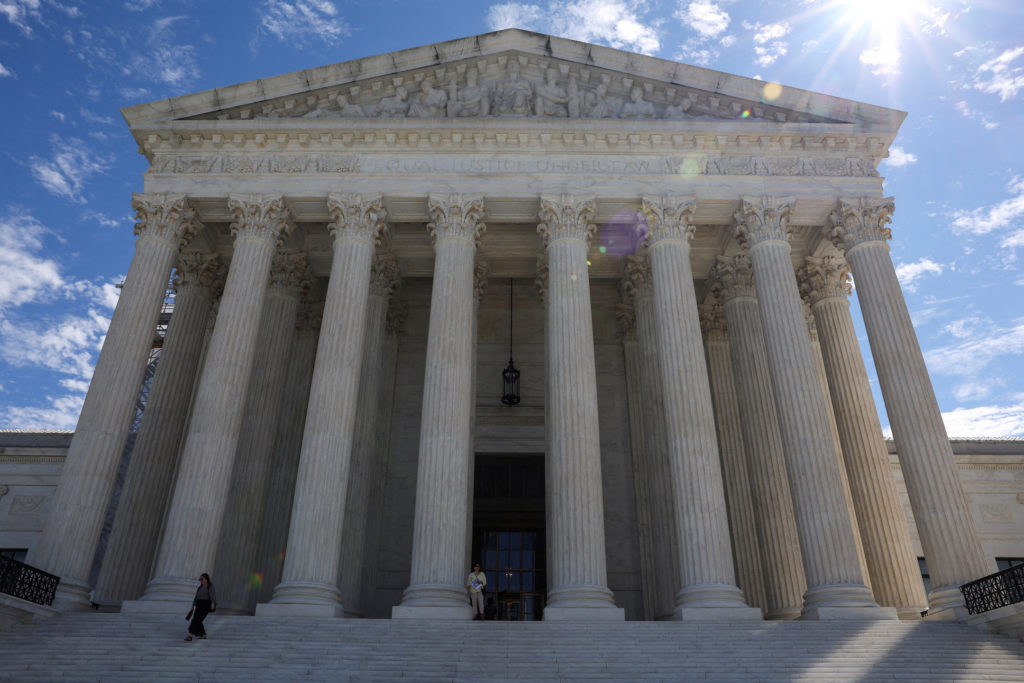Seminole Florida Sports Betting To Flourish as Supreme Court Won’t Intervene

The US Supreme Court has declined to review a challenge to an agreement granting the Seminole Tribe exclusive rights for online sports betting in Florida, a decision that significantly damages the deal’s opponents.
This denial by the Supreme Court ensures that the agreement, often referred to as the compact, remains in place, promising substantial financial benefits for both the Seminole Tribe and the state of Florida. It is projected that this agreement could potentially generate hundreds of millions of dollars.
Opponents of the compact, including West Flagler Associates and the Bonita-Fort Myers Corp., have faced multiple legal setbacks in their efforts to contest it. These opponents argue that the compact unfairly grants the Seminole Tribe a monopoly over sports betting in Florida, which is the third-most populous state in the United States.
They claim that the approval of the compact by the US Department of Interior was incorrect, asserting that it violates the Indian Gaming Regulatory Act, which mandates that gambling must occur on tribal lands.
A key point of contention in this dispute is whether online sports bets placed anywhere in Florida can be considered as being made on tribal land if the servers that facilitate these bets are located on tribal property.
The plaintiffs also argue that Governor Ron DeSantis and the Florida Legislature overstepped their authority by allowing sports betting off tribal lands. They contend that the compact bypasses a 2018 Florida constitutional amendment. This amendment requires a citizen initiative to expand casino gambling outside of tribal lands.
However, the Florida Supreme Court previously ruled in March that these companies had used the incorrect type of petition to challenge the 2021 compact made between the Seminole Tribe and Governor DeSantis’ administration. This ruling, along with the recent Supreme Court decision, removes significant legal obstacles to online sports betting in Florida.
Daniel Wallach, a South Florida attorney specializing in sports betting law, emphasized that the Supreme Court’s refusal to review the challenge is a major development. He noted that this decision may inspire other tribes to pursue similar online gambling operations, as it provides a judicially reviewed pathway.
Wallach predicts that tribes in other states will likely intensify their efforts to establish online gambling based on this precedent.
The Seminole Tribe has argued that the Legislature has the power to determine the initiation points for online gambling, asserting that the 2018 amendment does not apply in this case. State attorneys and legislative leaders have supported this view, claiming that sports betting differs from casino gambling and is not restricted by the 2018 amendment.
The Seminole Tribe began its online sports betting operations late last year, and the financial benefits are already being realized. Florida’s share of the 2024 revenues has already exceeded $120 million. Projections by state economic forecasters estimate that revenue sharing from tribal gambling could reach $4.4 billion by the end of the decade.
The Supreme Court’s decision solidifies the compact’s legal standing and is likely to have far-reaching implications for the future of online sports betting in the US.
- Other news categories:
- SlotsUp's news





